According to VNA, this is the opinion of Associate Professor Nguyen Dang Bang from the Judge School of Business Management at the University of Cambridge, UK. Mr. Bang pointed out Vietnam's advantages for international integration, including a golden population structure; central geographical location; friendly, peaceful and developed international image; and a balanced and effective foreign policy.
He also highlighted the strength, resources, and bridging role of the overseas Vietnamese community. He stressed that Vietnam is among the countries with the highest opportunities among developing countries and Resolution 59 will be a key tool to take advantage of these opportunities, creating a premise for sustainable development.
Unloading containers onto ships at Gemalink International Port. (Photo: VNA). |
Mr. Bang also highly appreciated the vision and direction in Resolution No. 59 of the Politburo , under the leadership of General Secretary To Lam, considering this a breakthrough decision, marking a historic turning point in Vietnam's international integration. He said that if implemented well, the resolution will help Vietnam be fully prepared for all changes in the world situation, from relations with superpowers to neighboring countries.
However, the Associate Professor also pointed out challenges for Vietnam, including the implementation of the resolution. He noted that like many other countries, Vietnam faces the risk of missing out on opportunities and falling into the middle-income trap; warned that integration risks, non-traditional security issues, especially cyber security and cross-border crime, will also hinder Vietnam's goal of becoming a developed country by 2045.
To cope with the challenges and realize the vision in the Resolution, the Associate Professor said that Vietnam needs to organize the implementation methodically, closely, and make breakthroughs in personnel and cadre training; continue the balanced policy, not choosing sides, maintain good relations with all countries, and maintain peace and stability for development.
Mr. Bang believes that integration must be substantive, based on economics and trade, with a focus on maintaining and improving its position in the global supply chain. Accordingly, Vietnam needs to develop key industries based on high technology, such as semiconductors and artificial intelligence (AI), thereby optimizing current foreign relations and creating a global competitive advantage.
The Associate Professor highly appreciated the Vietnamese Party and State for having many policies and initiatives to support overseas Vietnamese; proposed that the State should attract overseas Vietnamese in profit and non-profit projects, invest in technology and trade development, and take advantage of overseas Vietnamese experts to transfer experience and train the younger generation and Vietnamese businesses.
Source: https://thoidai.com.vn/quyet-sach-dot-pha-trong-hoi-nhap-quoc-te-cua-viet-nam-215676.html



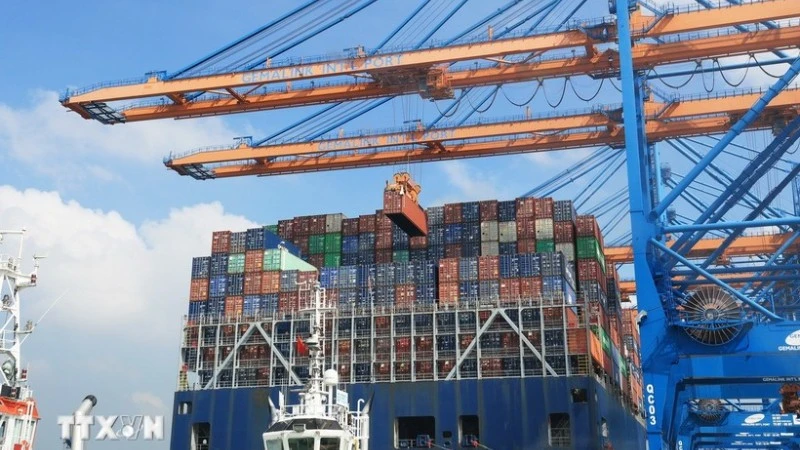
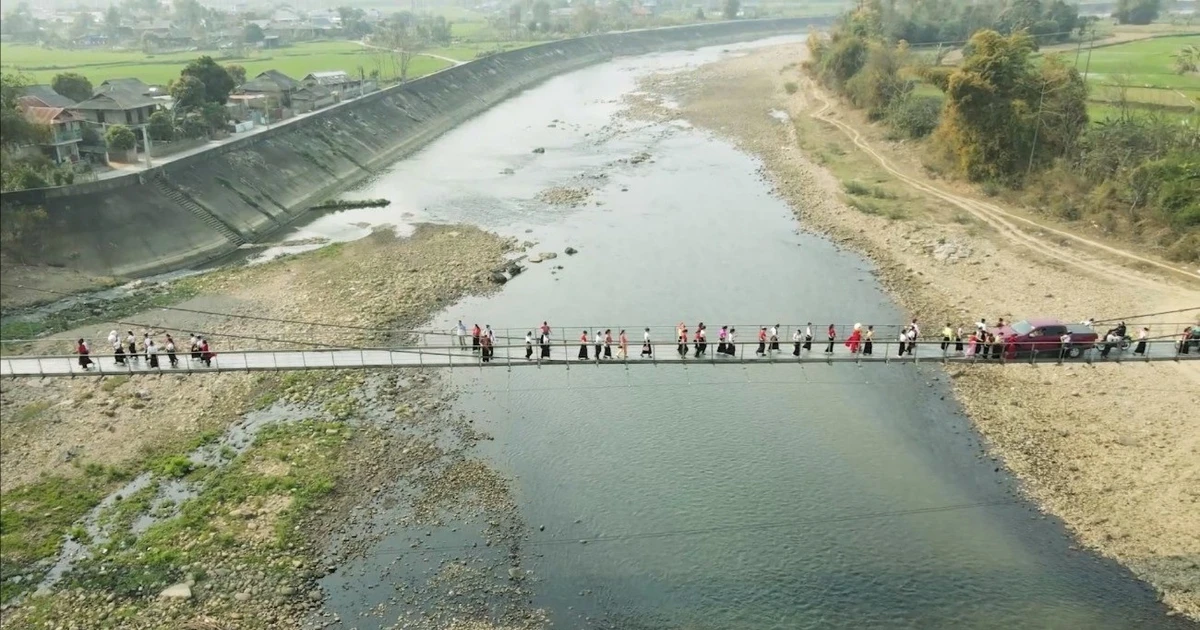

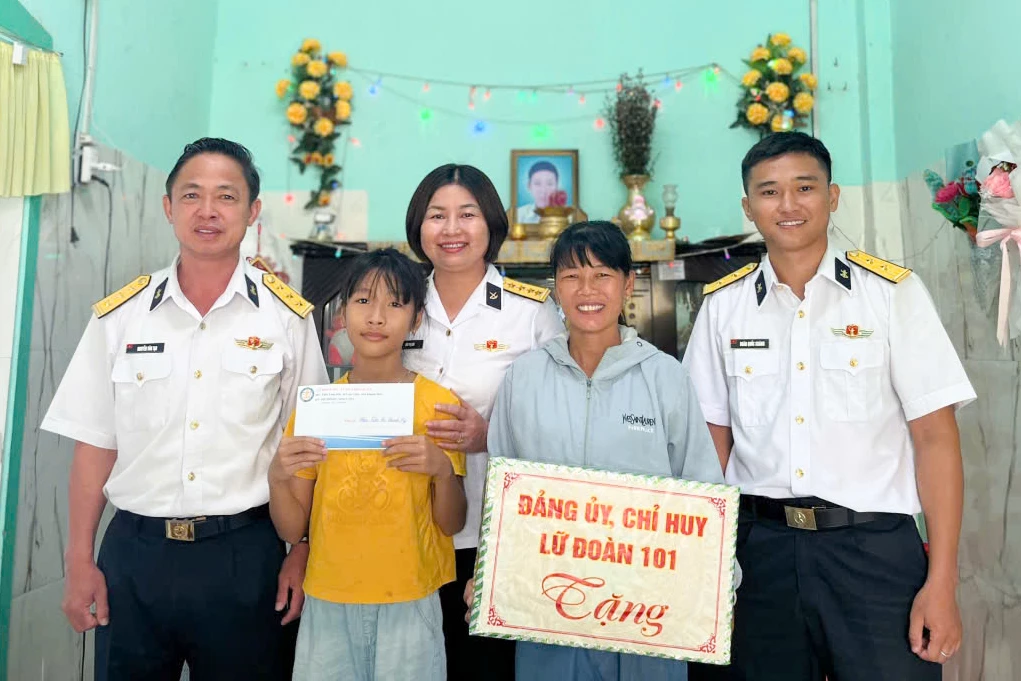





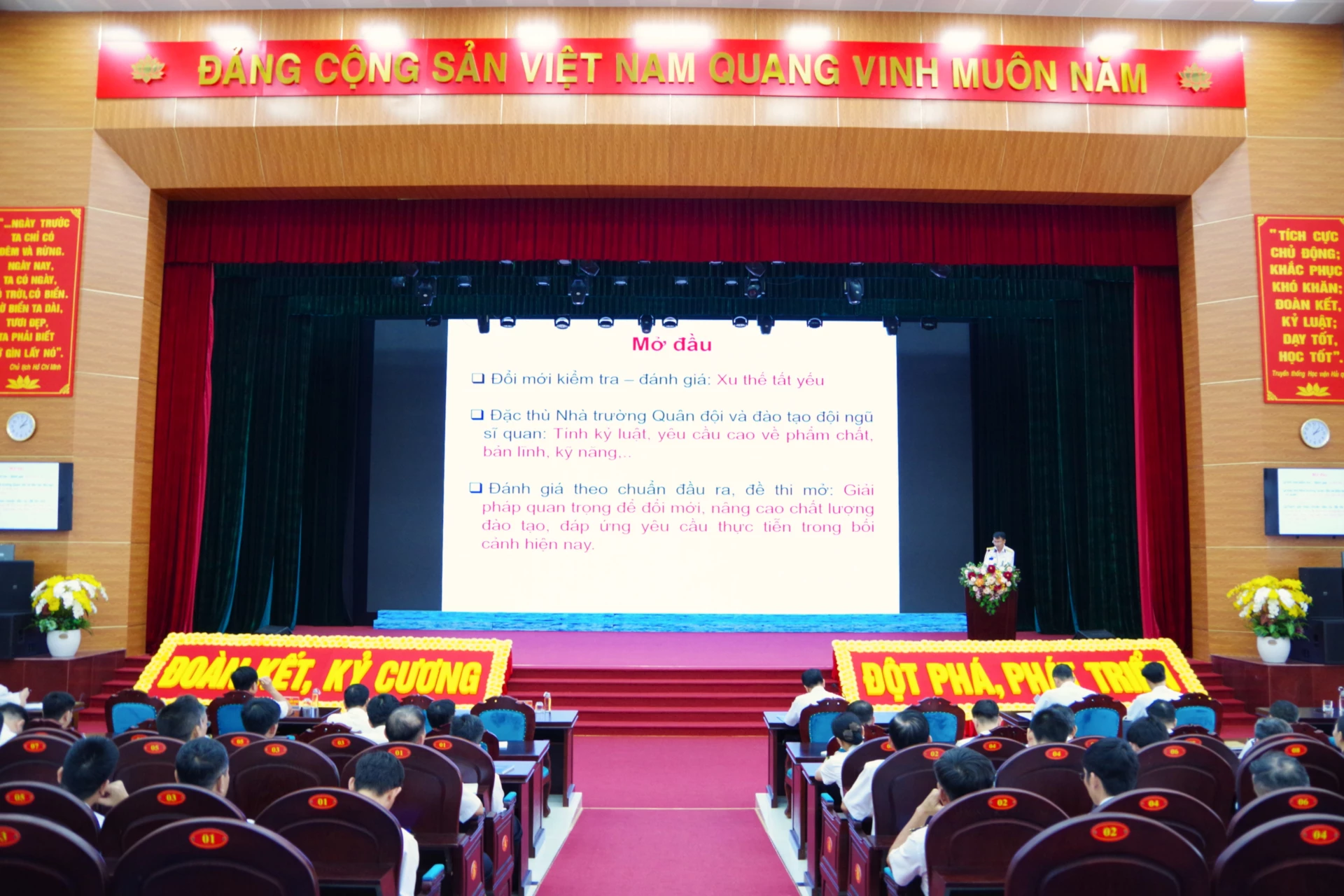















![[Photo] An Phu intersection project connecting Ho Chi Minh City-Long Thanh-Dau Giay expressway behind schedule](https://vstatic.vietnam.vn/vietnam/resource/IMAGE/2025/8/21/1ad80e9dd8944150bb72e6c49ecc7e08)



































![[Photo] Politburo works with the Standing Committee of Hanoi Party Committee and Ho Chi Minh City Party Committee](https://vstatic.vietnam.vn/vietnam/resource/IMAGE/2025/8/21/4f3460337a6045e7847d50d38704355d)

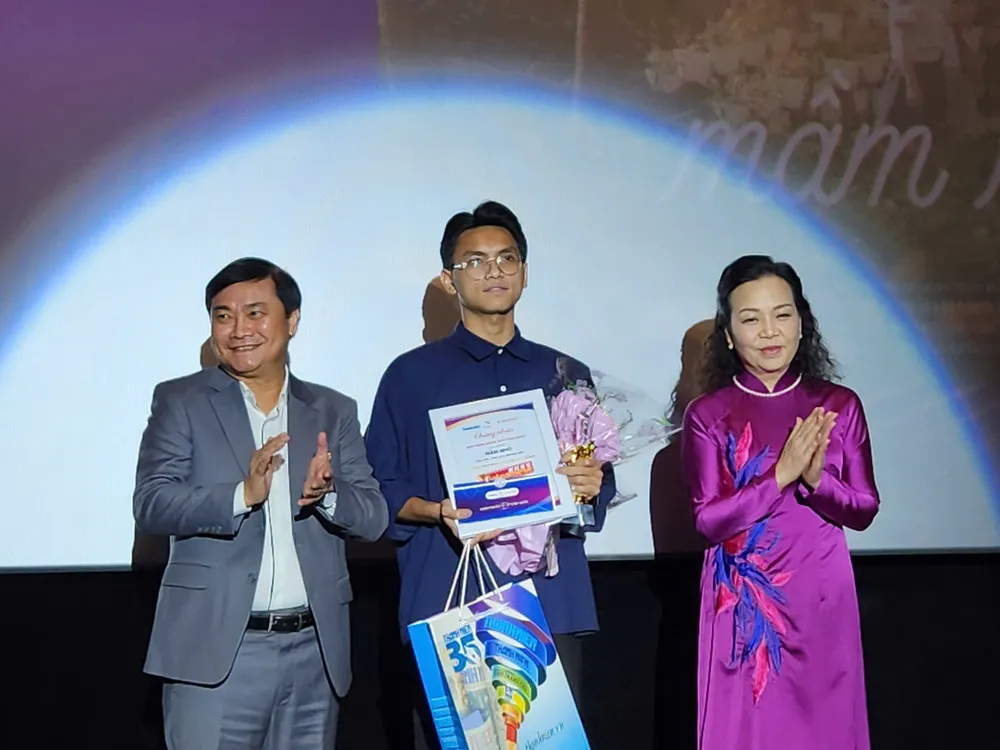































Comment (0)